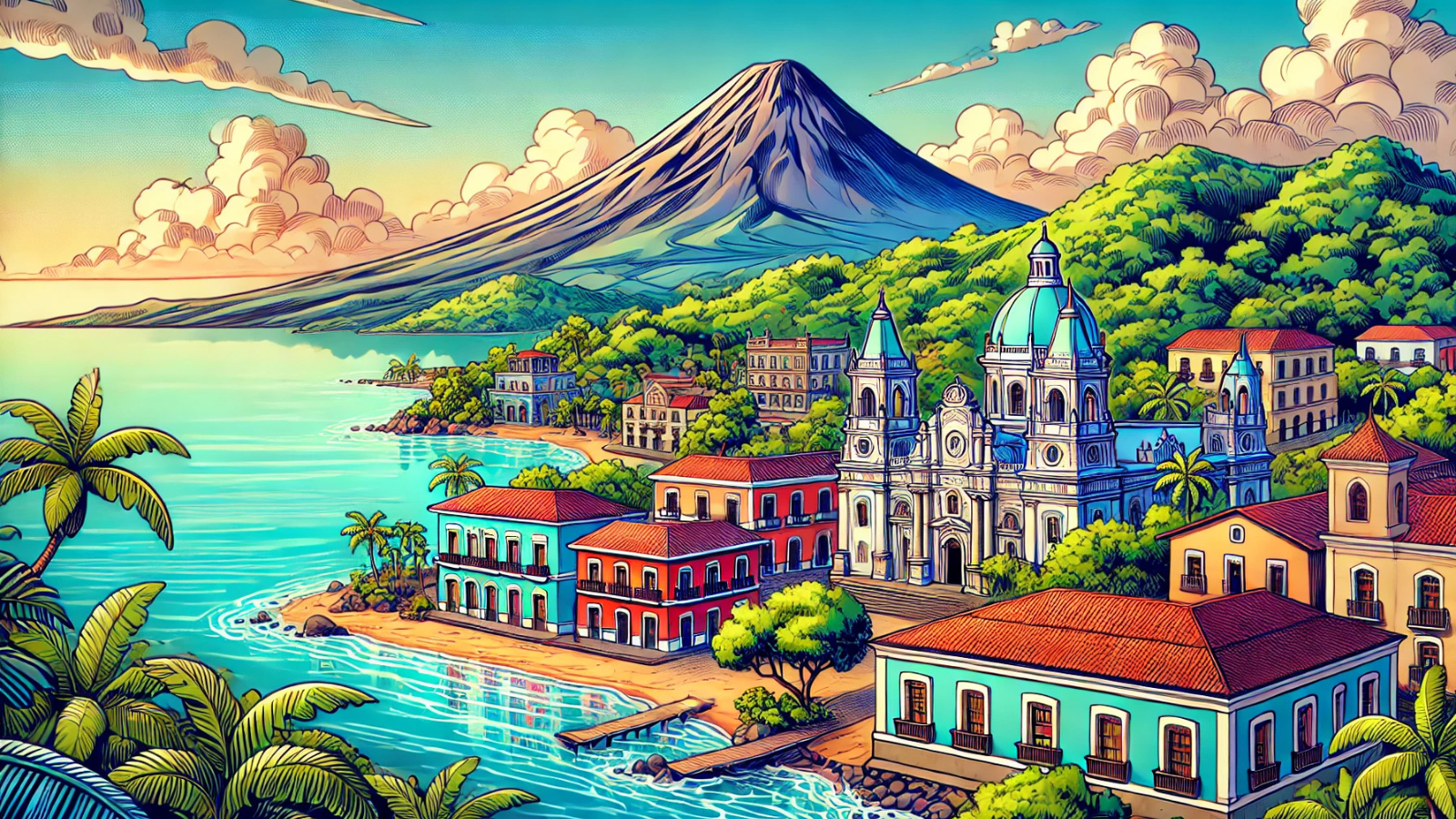El Salvador Adds 12 Bitcoin to Its National Reserve Despite IMF Agreement
El Salvador pushes ahead with its crypto ambitions

El Salvador has added 12 Bitcoin to its national reserve, even after agreeing to scale back its crypto policies under a recent $1.4 billion financing deal with the International Monetary Fund (IMF). The National Bitcoin Office announced on January 19 that the country acquired 11 Bitcoin worth over $1 million, followed by another purchase of 1 Bitcoin for $106,000 on January 20.
Currently, El Salvador’s Bitcoin reserve stands at 6,044 BTC, valued at approximately $610 million, according to CoinGecko. This comes amid Bitcoin’s meteoric rise, which hit a new all-time high of $109,000 on January 20, surpassing its December 17 peak of $108,000.
President Nayib Bukele’s administration has faced international scrutiny for its pro-Bitcoin stance, including making it legal tender in September 2021. Under the IMF agreement, El Salvador pledged to limit its crypto activities, such as ending mandatory Bitcoin acceptance in the private sector and reducing government involvement in the Chivo wallet initiative. Yet, the latest Bitcoin purchase suggests no significant shift in Bukele’s vision. National Bitcoin Office Director Stacy Herbert confirmed in a statement that the country’s Bitcoin strategy remains steadfast.
Despite these bold moves, Bitcoin adoption among Salvadorans remains minimal. A recent survey revealed that 92% of citizens do not use Bitcoin for transactions, a slight increase from 88% in 2023. While the government reports a $179 million profit from its Bitcoin holdings, public skepticism persists.
El Salvador’s aggressive Bitcoin strategy is not unique. Bhutan, a South Asian nation, has quietly mined and amassed digital assets, with blockchain analytics firm Arkham Intelligence estimating its holdings at $780 million.
The world continues to watch as countries like El Salvador double down on crypto, defying conventional economic advice.


